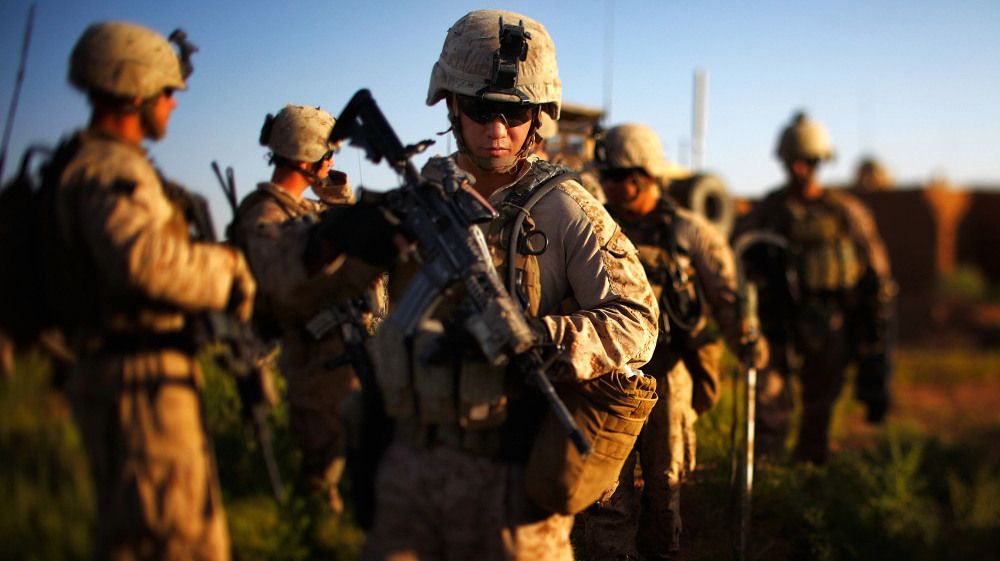NATO foreign and defence ministers gather for two days of talks Wednesday expected to focus on their troop withdrawal from Afghanistan as a Taliban onslaught underscores difficulties in ending the decade-old war.
The talks will lay the groundwork for a summit hosted by US President Barack Obama in Chicago on May 20-21 to map out a two-year pullout of 130,000 troops.
NATO leaders agreed in November 2010 to gradually hand over security to Afghan security forces by the end of 2014 but are still debating how to pay for the Afghan security forces which will carry on the fight.
Australian Prime Minister Julia Gillard said that her country will bring its troops home from Afghanistan a year earlier than previously planned, with most soldiers withdrawn in 2013 after significant security gains over the past 18 months.
NATO officials insist that the number of attacks has come down in Afghanistan but a wave of coordinated attacks on Sunday, which left 51 people dead including 36 insurgents, highlighted the resiliency of Taliban militants.
“Clearly we still face security challenges,” said NATO spokeswoman Oana Lungescu. “This was not the first such attack and I do not expect it to be the last.”
NATO expects Afghan security forces to grow to 352,000 soldiers and police officers this year but the future size is under discussion.
A US plan foresees a reduction of the Afghan forces to 228,500 in 2017.
Allies are debating the price tag for the force, which is estimated to cost $4.1 billion per year. The United States is expected to pay $2.3 billion while its partners and the Afghan government would foot the rest of the bill.
The ministers will debate other thorny issues including a US-led missile shield being deployed across Europe that is irking Russia.
US Secretary of State Hillary Clinton and her 27 NATO allies will hold talks with Russian Foreign Minister Sergei Lavrov on Thursday but no progress is expected on negotiations to ease Moscow’s concerns about the system.










